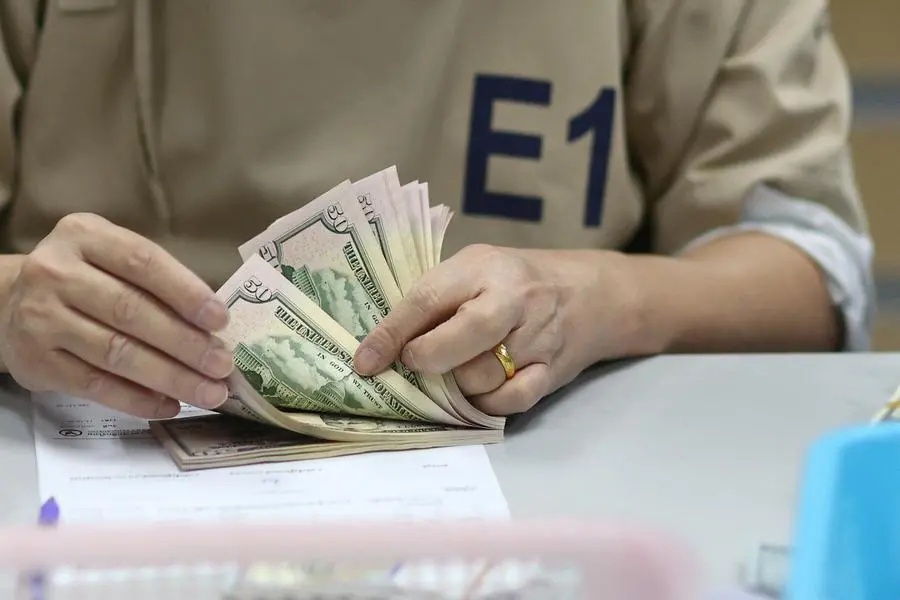PHOTO
DUBLIN - Ireland could amass a 142 billion euro ($156 billion) sovereign wealth fund by 2035 and cover much of its future age-related costs if it invests all its forecast windfall corporation tax receipts, the finance ministry estimated on Wednesday.
Ireland was one of the few euro zone countries to record a budget surplus last year - at 3% of gross national income - and the government has pledged to set up a new actively managed fund to put future surpluses aside to meet long-term costs such as pensions, healthcare, de-carbonisation and digitalisation.
The healthy public finances are being driven entirely by the surging corporate taxes paid by a small number of multinationals and the finance ministry forecast last month that the budget surplus would reach to 6.3% of national income by 2026.
Finance Minister Michael McGrath said ministers agreed that they would save a substantial amount of the forecast surplus, while also being open to reducing Ireland's large national debt as bonds mature and considering additional targeted capital investment where capacity was not a constraint.
"I see this as a once in a generation opportunity to make our nation's finances safer," McGrath told reporters on Wednesday.
McGrath's department said the fund could reach 142 billion euro if 12 billion euros - its windfall corporate tax estimate for 2023 - was invested each year to 2030, generated a real rate of return of 5% and those returns were reinvested until 2035.
That would cover 82% of the projected rise in age-related costs by that year or 41% at a lower return of 3%. If ministers opted to invest just 4 billion euros a year, the fund would cover just 12-32% of the costs, which are projected to rise sharply due to an ageing population.
The finance ministry also called for strict drawdown rules. McGrath said accessing the fund "should be possible but only in defined circumstances" and that rules around that and the levels of investment would be decided in the coming weeks.
"It is not a slush fund that can be dipped into for a whole variety of reasons," he said. ($1 = 0.9084 euros)
(Reporting by Padraic Halpin; Editing by Alex Richardson)





















